

Robert, aka Robot Bennett is a 70-year-old techno DJ based in Berlin. He invited Paul Hanford into his apartment to talk music, spirituality and growing up in a racially-divided South Africa.
Photos by Ériver Hijano.
“Okay. My name is Rob Bennett.” The man sat across the table leans into my recorder. Shaved headed, his tall frame wrapped in a black sweater and jeans. “Just recently I have drifted into becoming a DJ, which I still can’t quite believe at this stage in my life. I’m playing techno clubs.”
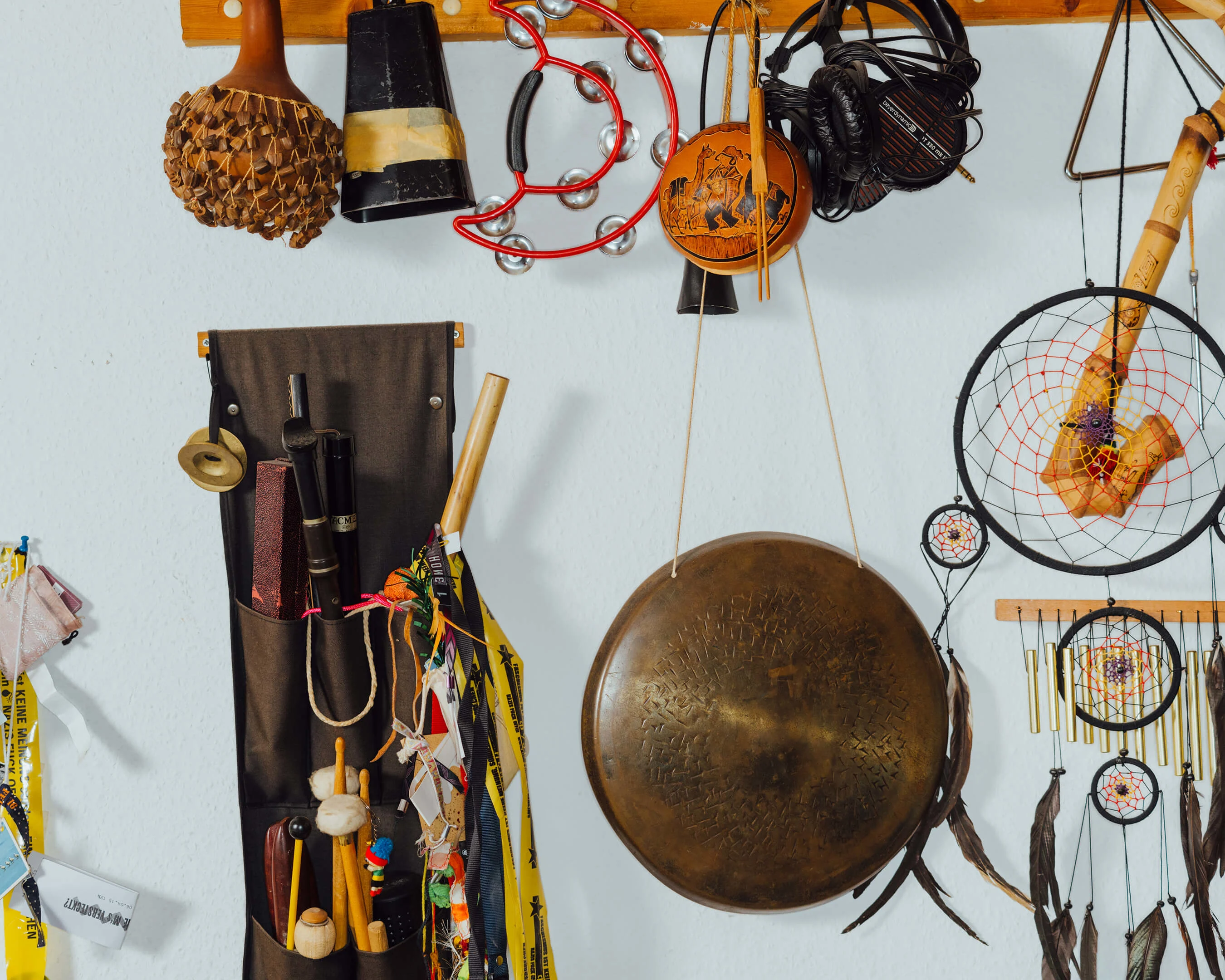
Another DJ in Berlin doesn’t seem that unusual. We’re sat a few kilometres south of Berghain , and if you follow the brüke beyond the weed dealers and sun-bleached grass of Gorlitzer Park, you’ll find the HQs of Beatport, Native Instruments and Ableton.
At times in Europe’s techno capital, it feels like everyone you meet is a DJ. But for someone to play their first set at the age of 67 is unusual, as is everything you learn about Robert Bennett.
His story begins in South Africa at the height of the Apartheid regime, travels continents and eras and moves from protest to despair to self-enlightenment. Now, under the name Robot Bennett, he’s been playing dark yet transcendent techno to the dance-floors of some of Berlin’s most forward thinking institutions.
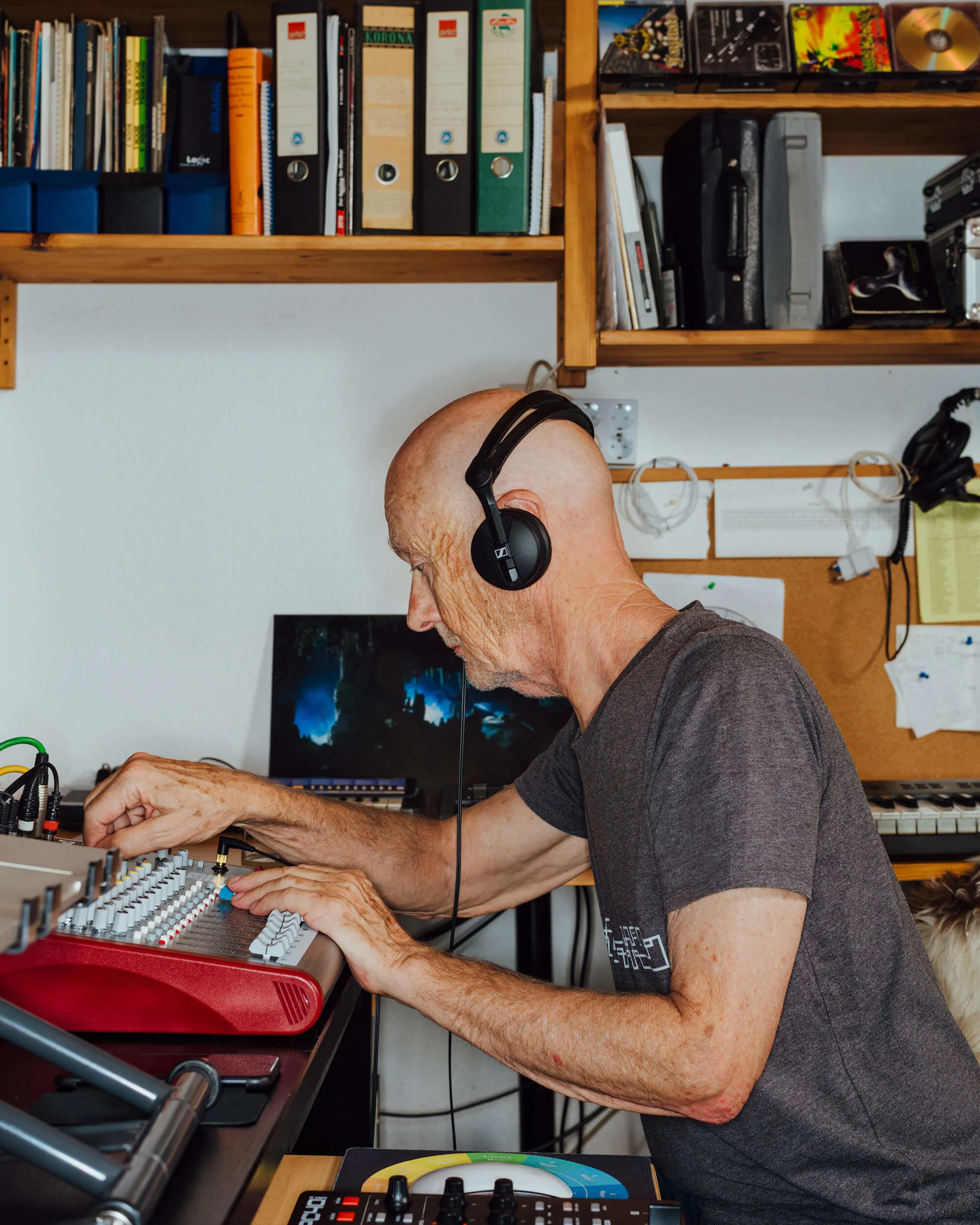
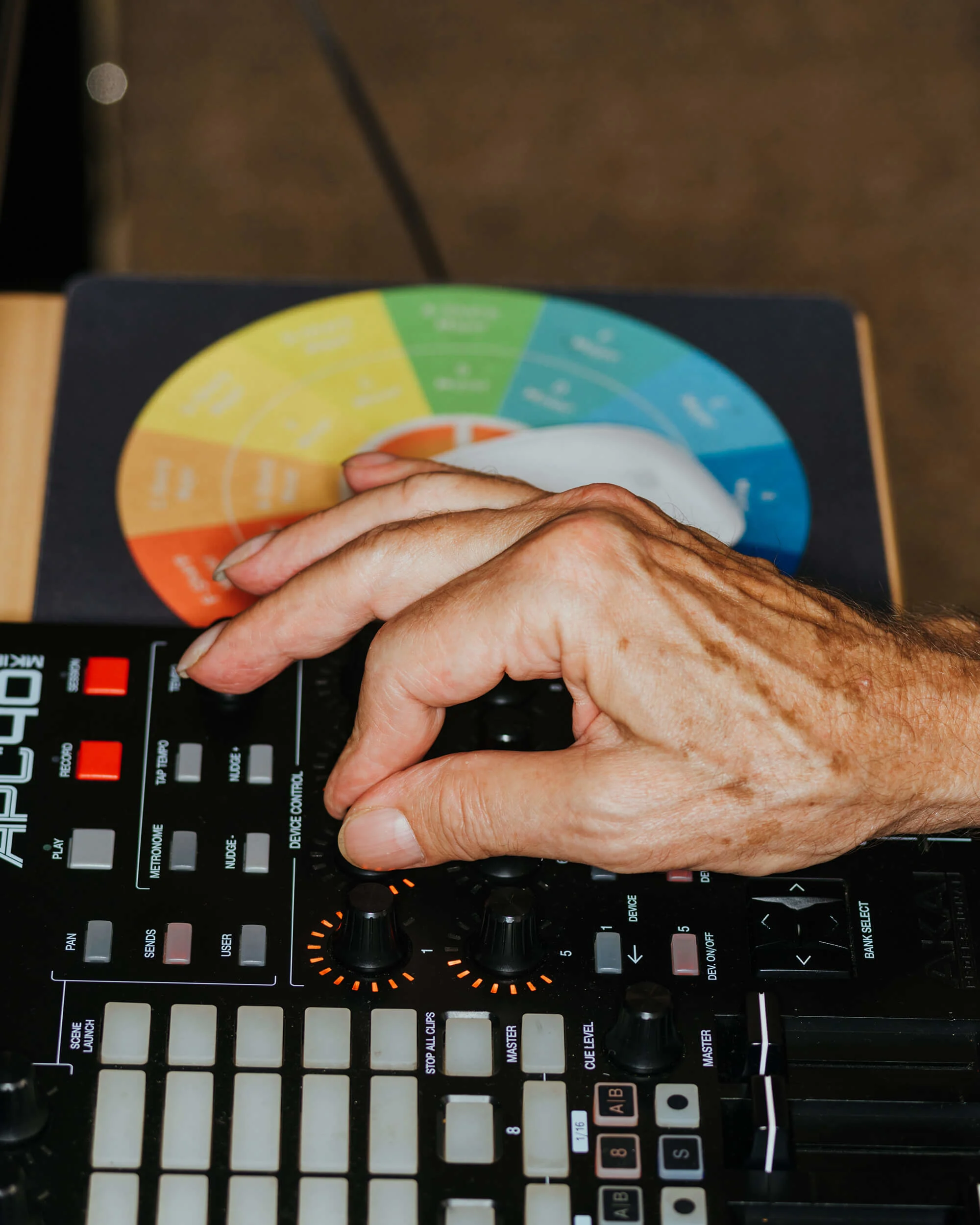
He kept playing it and suddenly I realised that I was developing a taste for it.
“I can’t deal with Instagram at all,” he laughs. “My children have to show me and then I forget. But boy, I know my Ableton!” Robert is open about his age – his Soundcloud encourages interested parties to “book me before I die” and a few nights before, the apartment we meet in hosted his 70th birthday party.
But his energy is that of someone half his age, maybe thanks to a decades-long interest in yoga and meditation – an interest that completely by chance led to this later life development.
“I was doing a body therapy workshop and I used one of my mixes to accompany the breathing.” He flexes his arms outwards. “And two of the people who happened to be there were quite well known DJs at the time; now they’re very well known.”
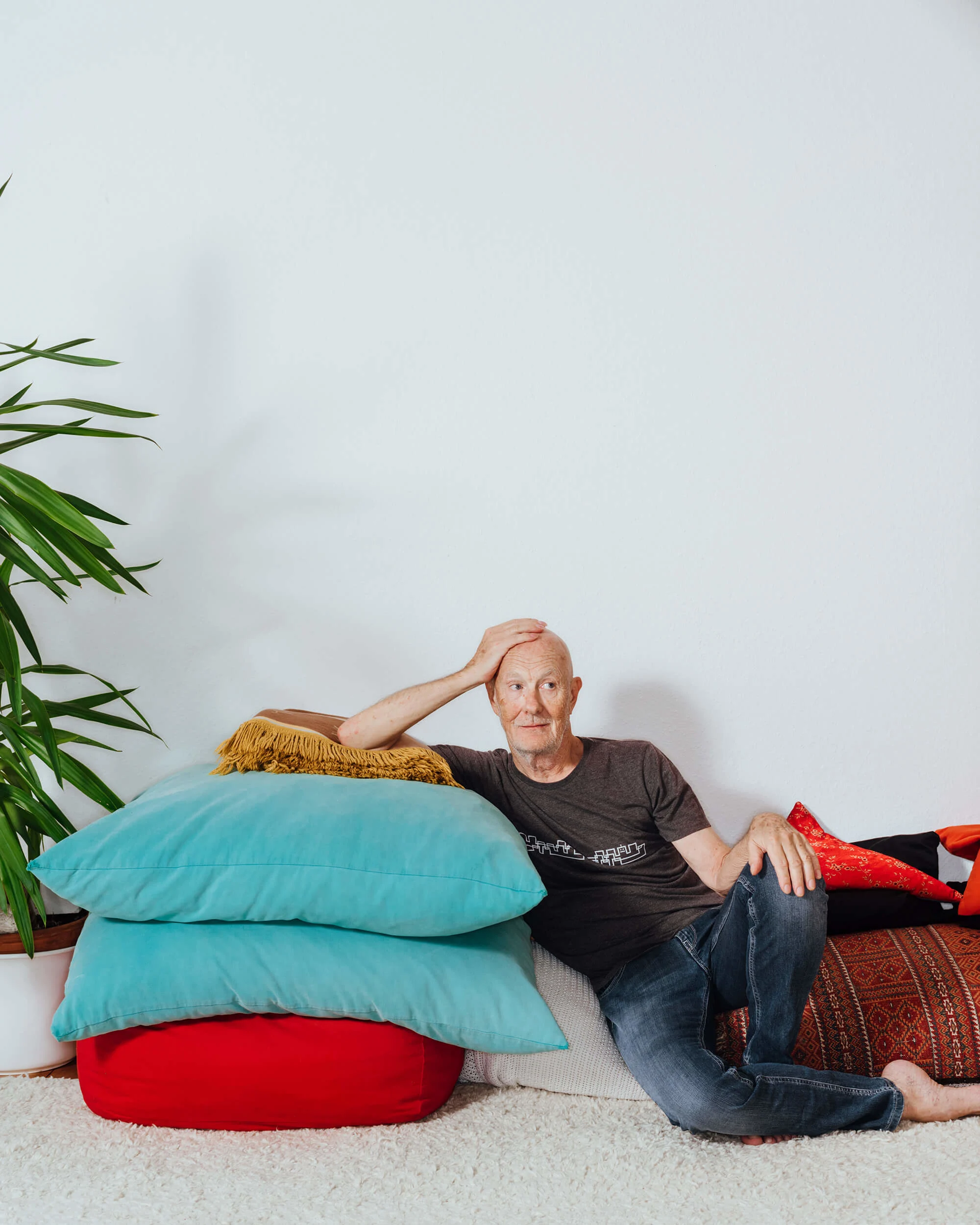

When Robert explained he’d made the mixes, they said he should start playing music to crowds. “And I said don’t be so ridiculous. I’m much too old!”
His first gig was the Voll Schön’ party in the Rummels Bucht club. His eyes dart like fireflies as he explains the happenstance of his first ever set being along the Spree river in the beating heart of Europe’s techno heimat. “I’d never even played at a birthday party. I’m straight in.”
Nowadays, packing up his controller and heading off in the middle of the night to play institutions like Sisyphos and Mensch Meier is part of Rob’s life, however, it is family to whom he owes his love of a 4/4 .

“I got into the groove of techno a long, long time ago. My oldest son was there at the very beginning of the illegal party thing. He was living in England and he was a DJ. He came over with this horrible computer music, which I thought was disgusting at the time. He kept playing it and suddenly I realised that I was developing a taste for it.”
Berlin is a city where you can still smoke in bars or run naked into a lake – a tolerant, liberal heaven in a world of encroaching neoliberalism. We are a long way, both geographically and culturally from Robert’s childhood in South Africa.
“I was incredibly aware of the injustice that was going on and the abuse of human rights. I was not really permitted to play with black children who I found far more interesting than the white ones. I was picked on by other children as most of the whites supported Apartheid. And then I got involved with political organisations.”


I reconnect with my essence when I dance myself into a trance.
To the teenage Robert in the late 1960s, it felt as if the world was exploding – the Vietnam war, the assassinations of civil rights leaders and “most importantly the Cold War, which always made me feel that my life could be snuffed out at any time!”
“I got arrested.” Robert says. By this time he was organizing demonstrations at his university. “I was warned by the security branch that if I continued the way I was going, something would happen to me, or more specifically my niece, who was four years old at the time. So I went to London and drowned my sorrows in a sea of drugs.”
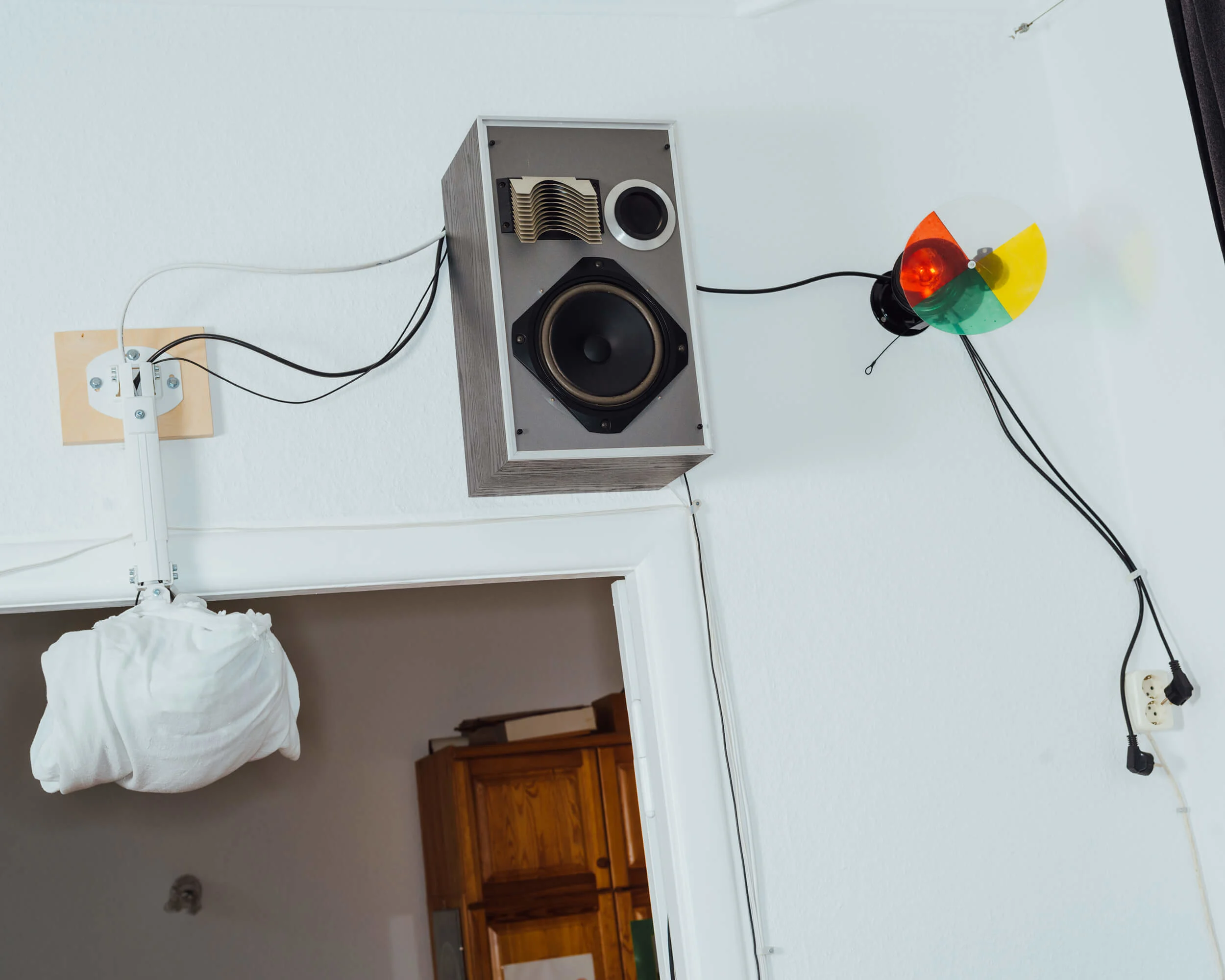
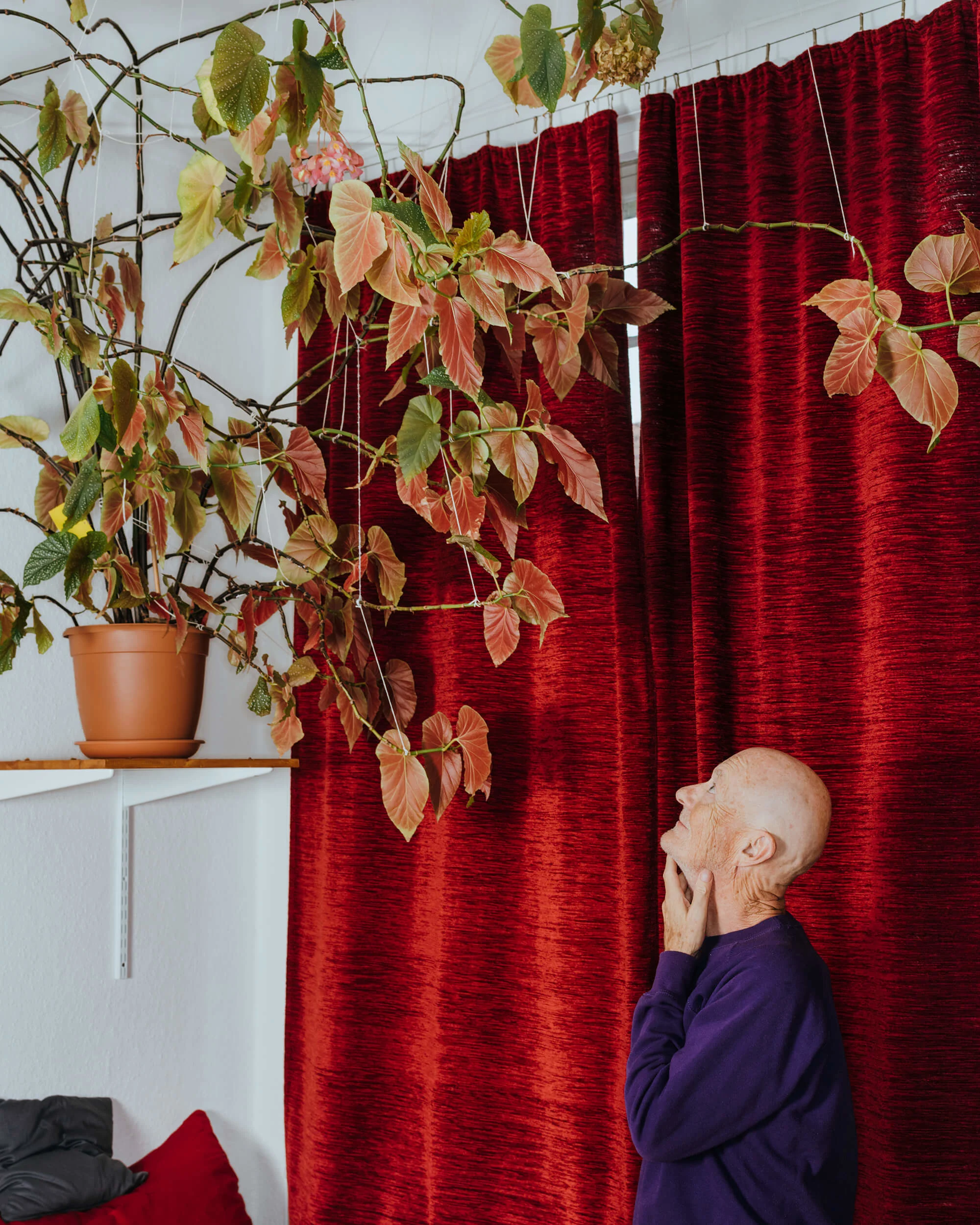
We move into his studio, where guitars are arranged lovingly along the walls, connections to his hedonistic years in the UK capital. He cranks up a phenomenally banging edit he’s made of The Beatles’ proto-techno cut Tomorrow Never Knows. Hearing a phased John Lennon inviting us to “turn off your mind, relax and float downstream” over enhanced kick-drums leads me to the other major influence in his life – spirituality, which he found wandering the hippie trail in India after his wild time in London.
“I reconnect with my essence when I dance myself into a trance. I do yoga and every morning when I get up I meditate.” Robert says, “But the deepest and fastest way of getting into transformation is …” He motions to the DJ controller in front of him.

He arrived in Berlin in the late 1970s “At the time it was a melting pot of weird and weirdness,” he says.“Being in a walled in city, then the middle of the Soviet block - it had terrible air because of all the coal-burning ovens people still used for heating.
“But I just adored it. I thought it had the most amazing atmosphere and craziness. You know, the craziness of sitting outside a restaurant and an armoured car drives past with an American guy sitting by a machine gun. So I put my hands up as he turns the gun on me and starts to laugh. Then he waves and drives by.”
As I put my shoes on to go, Robert tells me he’s preparing a set for a friend’s birthday next week. He smiles: “When I go dancing, my ego’s gone. There’s nothing there. I’m free, and I feel this absolute peace. Then I can reconcile all the bad things in the world that trouble me still.”

